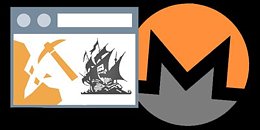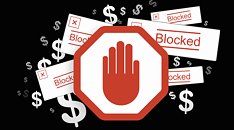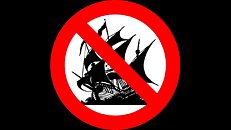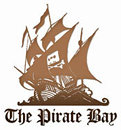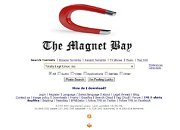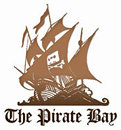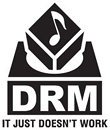The Pirate Bay Resumes Cryptocurrency Mining, No Opt-Out
We've previously covered The Pirate Bay's usage of a web-based miner on users' machines without their knowledge or consent. We've even done a pretty extensive editorial on whether or not this could be the revenue model of the future. At the time, we came away with the conclusion that the problem isn't with the technology per se, but with the fact it's implemented by humans (and most problems do have their root cause in us humans after all, don't they?).
This seems to be such a case, since The Pirate Bay has now resumed their web-based mining activities with no Opt-out or, better yet, opt-in business model. Now, however, the code isn't being run in the site's core code, but is instead embedded on an advertisement script (yes, advertisements are still running parallel on The Pirate Bay). The most popular adblockers should be enough to stop this miner from ever running, anyway, but yes, there are still users who surf the web absent of any ad-blocking capabilities - and these should see some added processing spikes on their CPUs.
This seems to be such a case, since The Pirate Bay has now resumed their web-based mining activities with no Opt-out or, better yet, opt-in business model. Now, however, the code isn't being run in the site's core code, but is instead embedded on an advertisement script (yes, advertisements are still running parallel on The Pirate Bay). The most popular adblockers should be enough to stop this miner from ever running, anyway, but yes, there are still users who surf the web absent of any ad-blocking capabilities - and these should see some added processing spikes on their CPUs.
